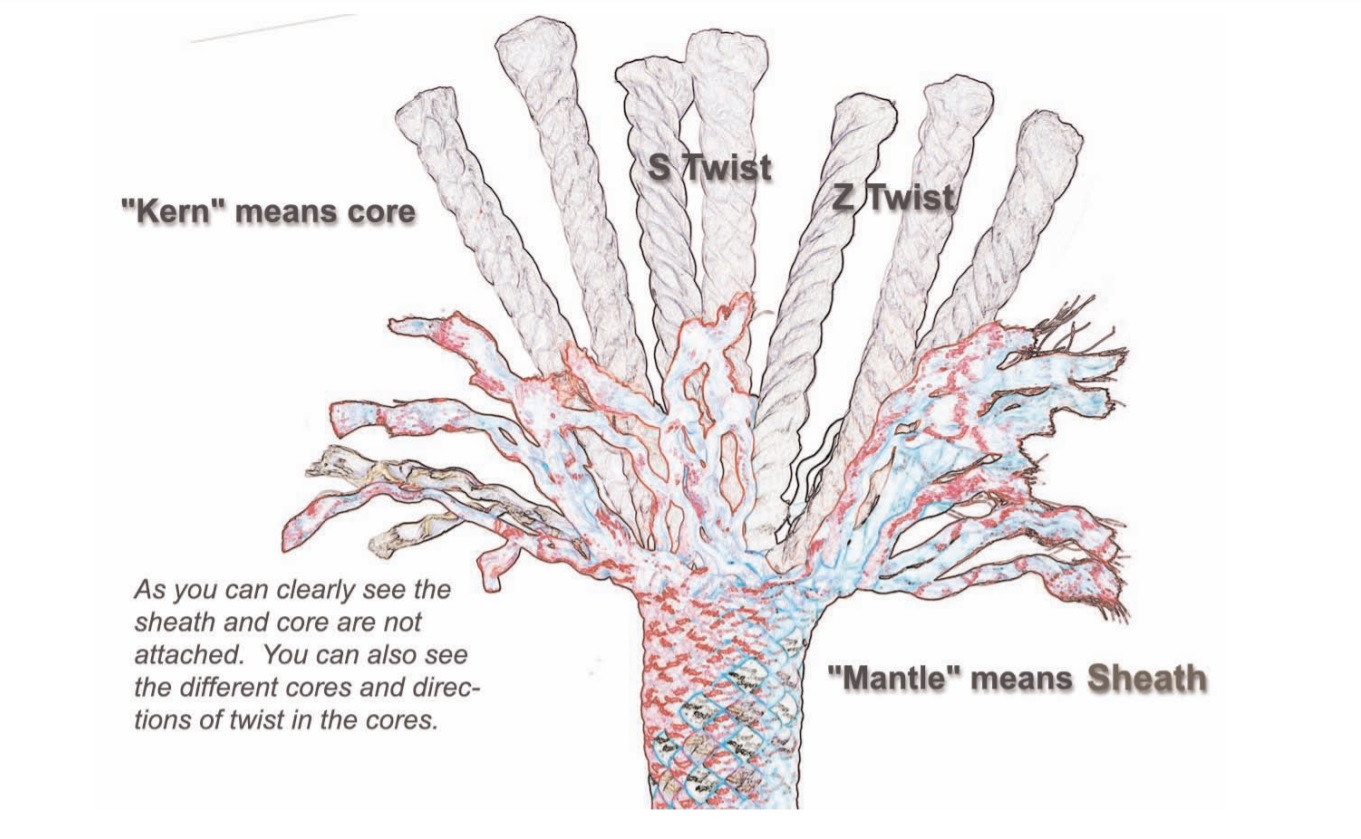When I first started assisting classes and then teaching, the Buddha hover was the norm. Everyone in our shop was careful to ensure that all students met the standards for the pool sessions. Most of our students then went on to get certified on trips to tropical realms, and we got frequent feedback on how well prepared our students were. We did handle a decent portion of our own OW dives, and we were, again, meticulous about meeting standards. I never saw anyone leave our program who was not a competent OW diver.I don't think I was criticizing PADI, and while the intent of the WRSTC is laudable, the implementation (standards) that agencies have implemented to achieve that intent is lacking.
The only way this will change is if agencies set the bar higher, as long as a buddha hover is good enough to meet standards, people are going to teach that way.
There are signs of hope though, I was glad to see PADI's requirement that some skills be performed in neutral buoyancy for DM candidates to achieve a 5. Eventually I expect those skills will translate to some instructors teaching that way. It's a small step forward, but I hope it makes the average instructor a little better.
Then I began experimenting with neutrally buoyant, horizontal training, and by the time I had that figured out, my students were well beyond competent. (In one memorable case, a DM thought my former students were advanced, experienced divers when they were actually on their first dive after OW certification.) Seeing the difference, our director of instruction required it of all our instructors, and soon all our graduates were beyond that level of competence.
It has now been a decade since PADI first published the article on neutrally buoyant OW instruction and began to promote the practice. Do I wish they had promoted it more? Certainly--and I assure you PADI headquarters knows how I feel about that. Do I wish all instructors would finally get their students off their knees? You bet!
But even when students are still taught on the knees, if the standards are followed correctly, they will graduate as competent divers. They can be much better, but they are at least competent. You can always argue for a definition of competent that exceeds all others, but they will be plenty good enough for beginning OW diving.
There is one very serious area where even instructors who think they are meeting the standards fail, and that is in weighting. Teaching on the knees demands that students be overweighted--significantly so. When I was still teaching students on the knees, meeting the weight check standard was a real challenge. I essentially had to weight them two different ways--doing the skills on the knees and then doing the weight check and later swimming skills properly weighted. I am sure most instructors who still teach on the knees just have the students overweighted throughout. To meet standards properly, though, students must learn to be properly weighted, and to meet current PADI standards, they must be taught to distribute weights for proper trim. Instructors teaching neutrally buoyant students are much better off to have students properly weighted throughout the class.




